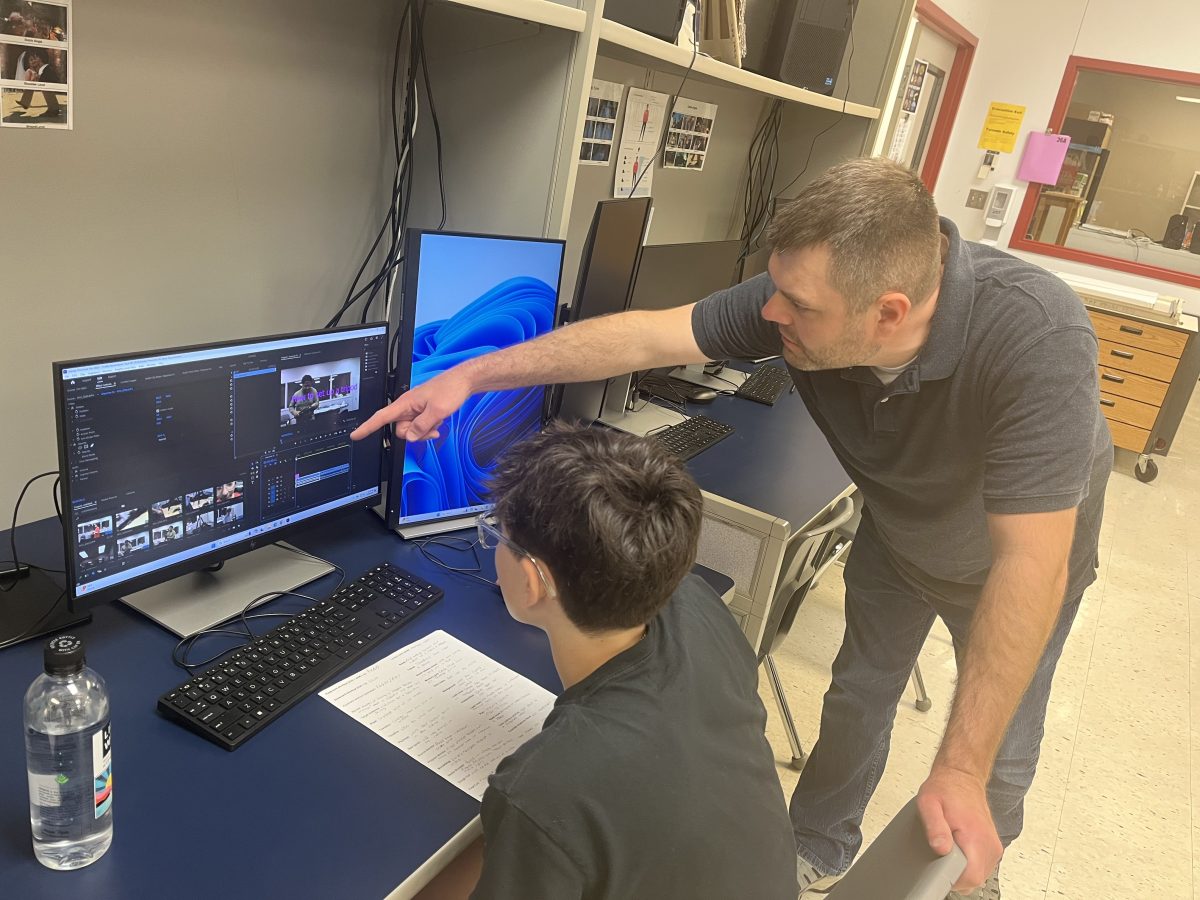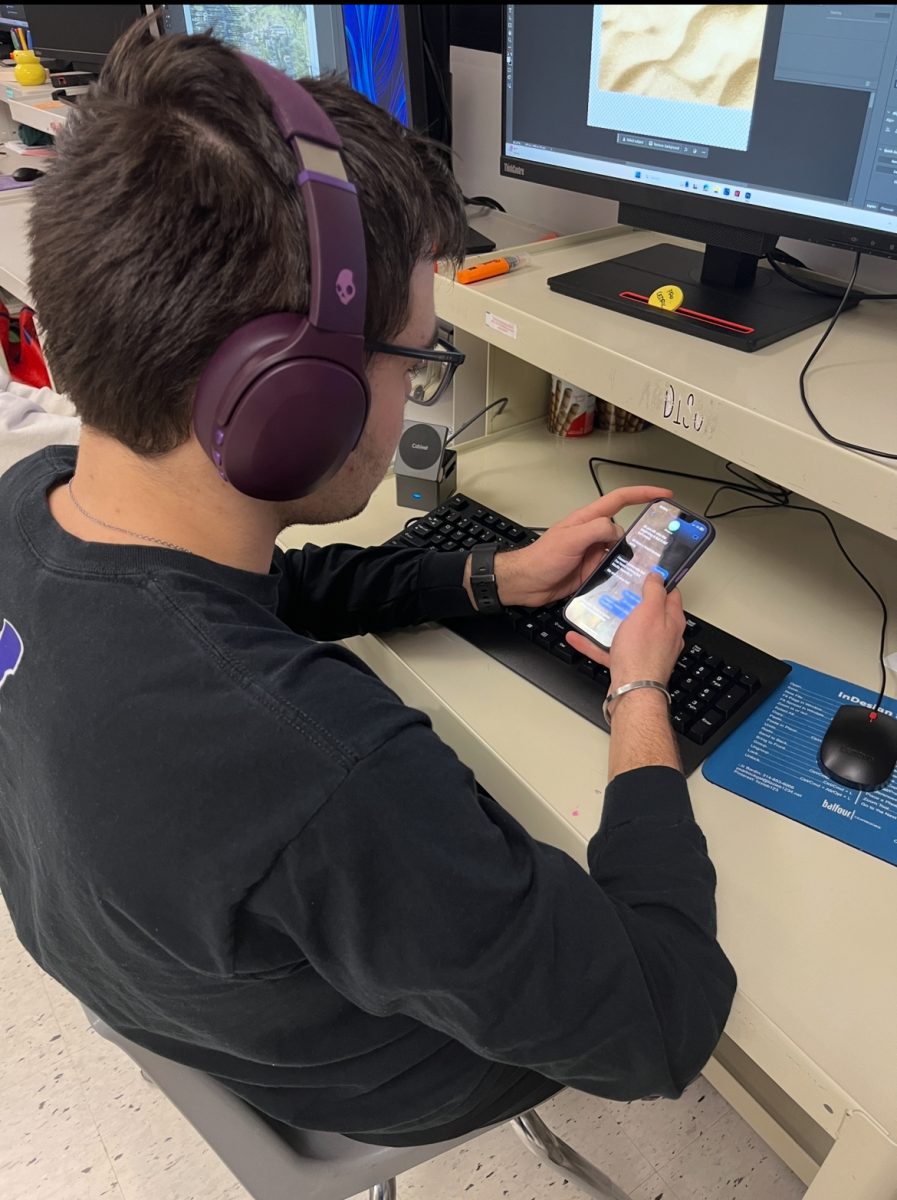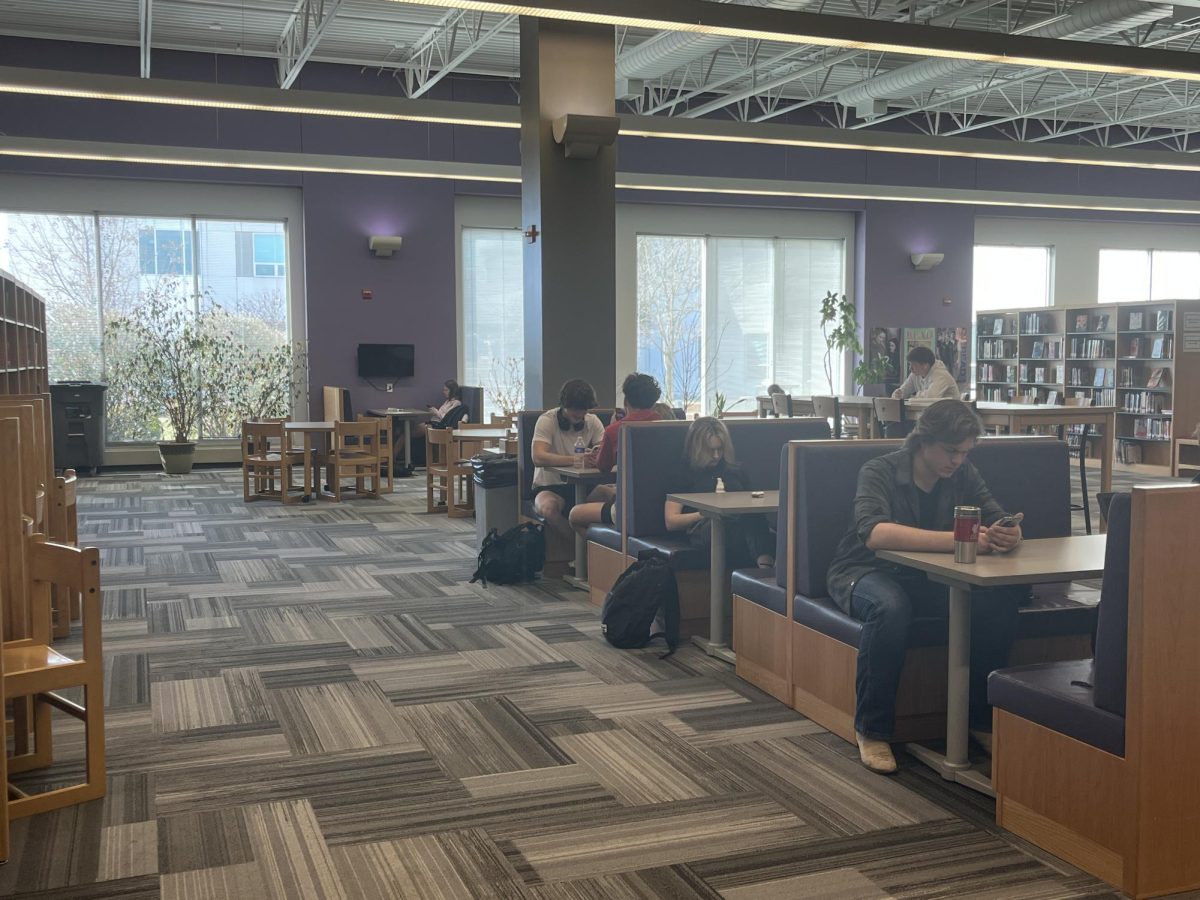Leap of Education
The pros and cons of taking a year break before college

provided by public domain vectors
Many students choose to take a gap year before college, whether it is to get some work experience, volunteer, earn some money for their advanced education or travel the world and gain experiences that may help them during their degree. Some students are taking a gap year because they are undecided about their subject choice or career path and need some more time to ensure they are making the right long-term decisions. While taking a gap year may be the right choice for some students, it could have negative ramifications for others. Before you take the year off it is important to carefully weigh the gap year pros and cons of your decision and the effect it may have on your college application.
Pros of a gap year
Sometimes, just a bit more time and space is needed. High school can sometimes feel like it is all about fulfilling others’ expectations, from teachers to parents to coaches. A gap year provides time to think about and explore what wants away from High school life.
A gap year alone is not normally enough to pump up the resume. After all, a year devoted to catching up on Netflix is not likely to help any candidate get into college. However, a year spent volunteering, traveling or interning is something that employers could potentially value.
It is often easy to get comfortable, and although there is something nice about comfort, it is often when we are challenged that we learn more about ourselves and grow. A gap year can force one out of their comfort zone and make them see things in very different ways, especially ways they may never have realized if they just kept doing business as usual.
According to 2015 research conducted by Temple University, in conjunction with Gap Year Association, the six top reported outcomes of a gap year were personal, rather than career or academic-oriented. 97% of alumni who responded indicated that their gap year experience increased their maturity, while 96% said it increased their self-confidence.
Gap years give students the opportunity to explore and experiment with less on the line. Sometimes, the path envisioned for is not exactly what one thought it would be. By taking a gap year, one can test the waters and explore other paths. In some cases, it may end up saving money on a mistake college major choice.
Cons of a Gap Year
While spending a gap year working could potentially help students save up for college, traveling extensively can involve huge outlays of funds that could otherwise go to higher education costs, not to mention the cost of a gap year program itself, which can run well into thousands.
If one decides to travel instead of working, a late start means one less year of earning potential. Moreover, it could mean lost momentum if not planned appropriately
Depending on the school chosen, getting a deferral to take a gap year may require additional steps in the application process. Some colleges don’t even allow deferment, which means one will need to apply to college at the end of their gap year. Even if the chosen college tries to make it an easy process, it may not be as straightforward as going straight to college right after high school.
For most people, lack of time is not the enemy so much as lack of planning. Students who choose to plan out a gap year on their own instead of utilizing a program may find themselves viewing more television than anything else. Even students who do use a program must put in almost as much effort into selecting one and applying as they do to the university application process.
In the beginning, one could have every intention of keeping their gap to just a year. However, it can be difficult to come back and continue on to college when having such a wonderful experience, and it can be even harder if one does not have a clear and solid plan in place after the year is over.






























